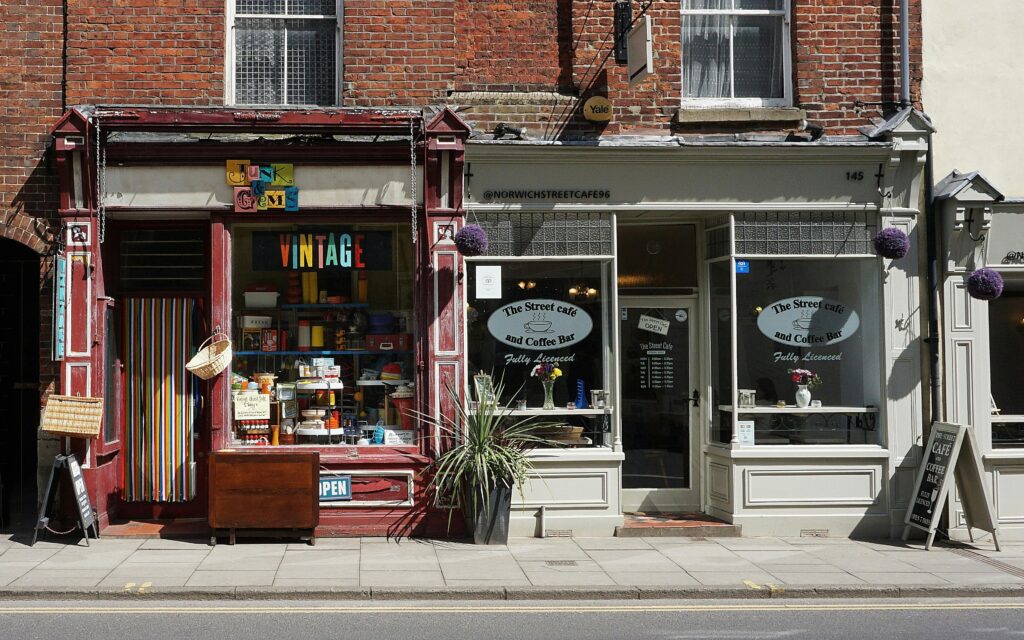The last ten years have seen a huge increase in online retail and services. As a result, it is estimated that around 132,945 shops could disappear over the next 15 years. Yet the online sector has not been the death knell for all. Many businesses have adopted a hybrid tactic, which has seen them thrive. So, which sectors are the best placed for online and offline approaches?
Retailers
It is easy to blame online shopping for the decline of the high street, as there is much more to it than that. People are stretched even further, both with their finances and time. There are various points over the last 20 years that this could be traced back to, but essentially, online shopping was a solution to this problem.
Some retailers have flourished by opening both online and offline services. These have included John Lewis, Curry’s, Next and others. Many have made online deliveries extremely quick and easy, while also providing other options like click and collect. This is a genius system that allows people to order online and then collect in store, meaning it actually gets them into a physical premises, though the sales funnel starts online.
This has worked both ways. In the last few years, major online retailers have begun to open flagship stores. These have included Amazon and brands like Glossier. No matter how convenient online deliveries are, it shows people still want to go out and shop the old-fashioned way.
Service Providers

Service providers are those that provide some kind of business or entertainment service, other than a physical product. Netflix is a perfect example of a business that seized upon the shift from offline to online services. At first, it was a mail-order DVD group that quickly established a streaming service.
A further example can be found in the UK bingo sector. This form of entertainment has been a staple in the United Kingdom since the post-war period in the 1950s. Still operating in physical halls, the main providers have also taken bingo clubs online. This lets people play a wide range of games, though often with the convenience of doing so from behind a mobile device.
Manufacturers
When it comes to manufacturing, it is easy to make sweeping assumptions as well. The concept is that only South East Asian factories are reaping the rewards, with brands like Temu and Shein providing low-cost, low-quality goods for delivery. Yet there are plenty of UK manufacturing brands that have leveraged the online forum for growth.
The list of small manufacturing businesses using this model is growing day by day. Take Smol, the London-based cleaning brand with a focus on eco-friendly products. Another is GymShark, which started in a Midlands garage with just a sewing machine and a screen printer. It is now valued at $1.3 billion.
Thus, hybrid approaches work. They allow businesses to reach more customers, but also keep them socially in touch and connected to the brand. The key is in the correct implementation, getting both in-store and online services correct before further expansion.






